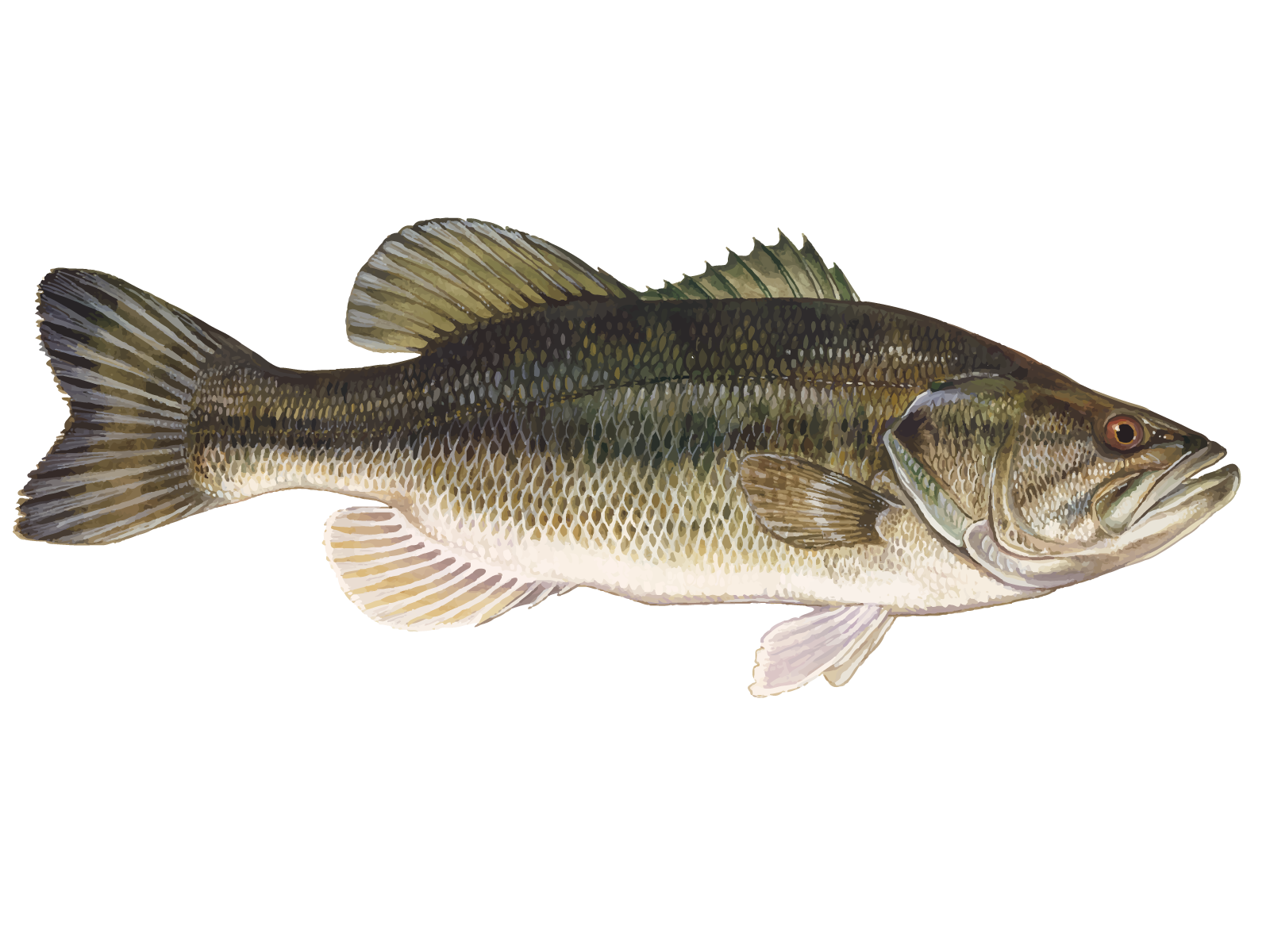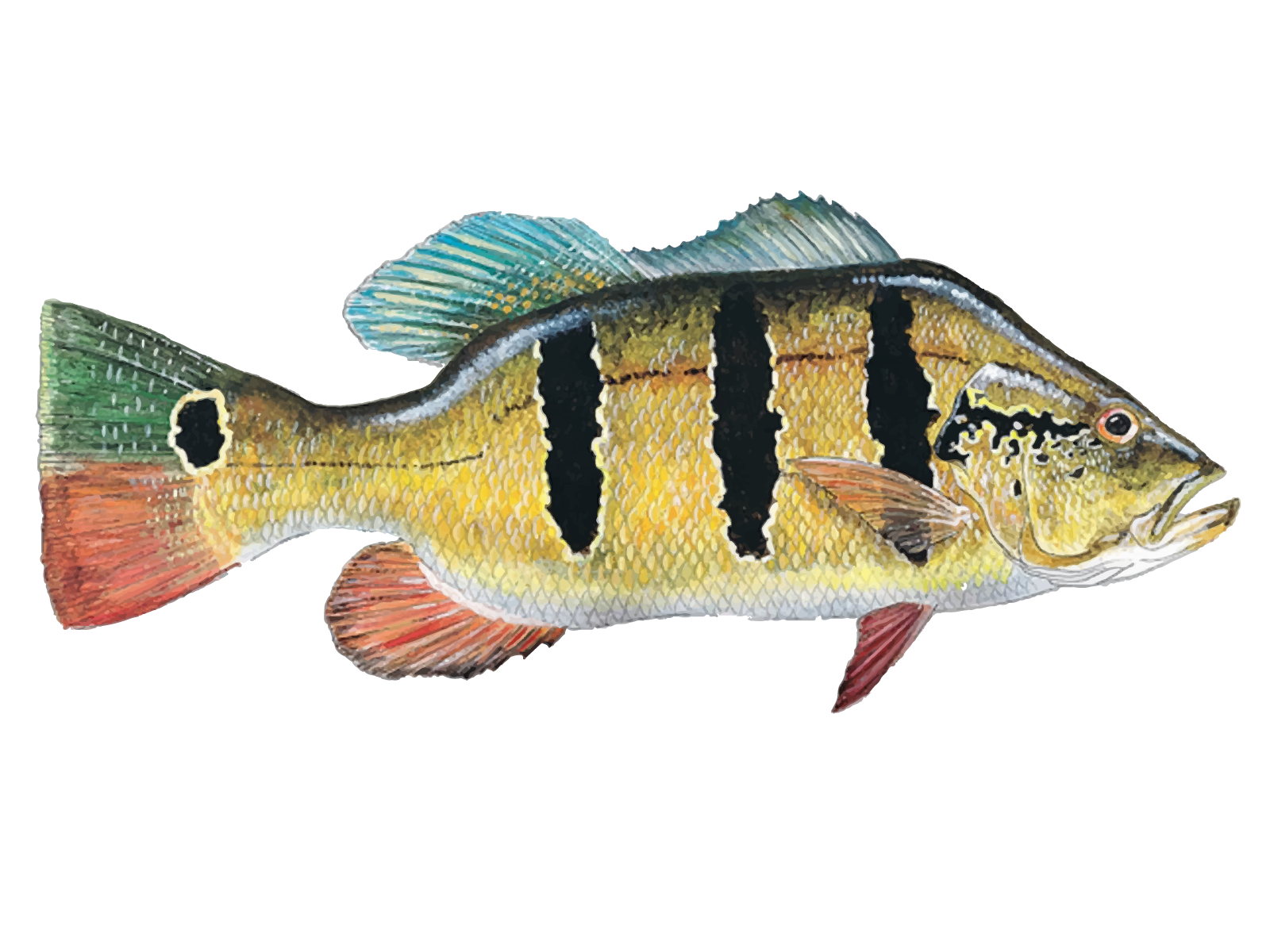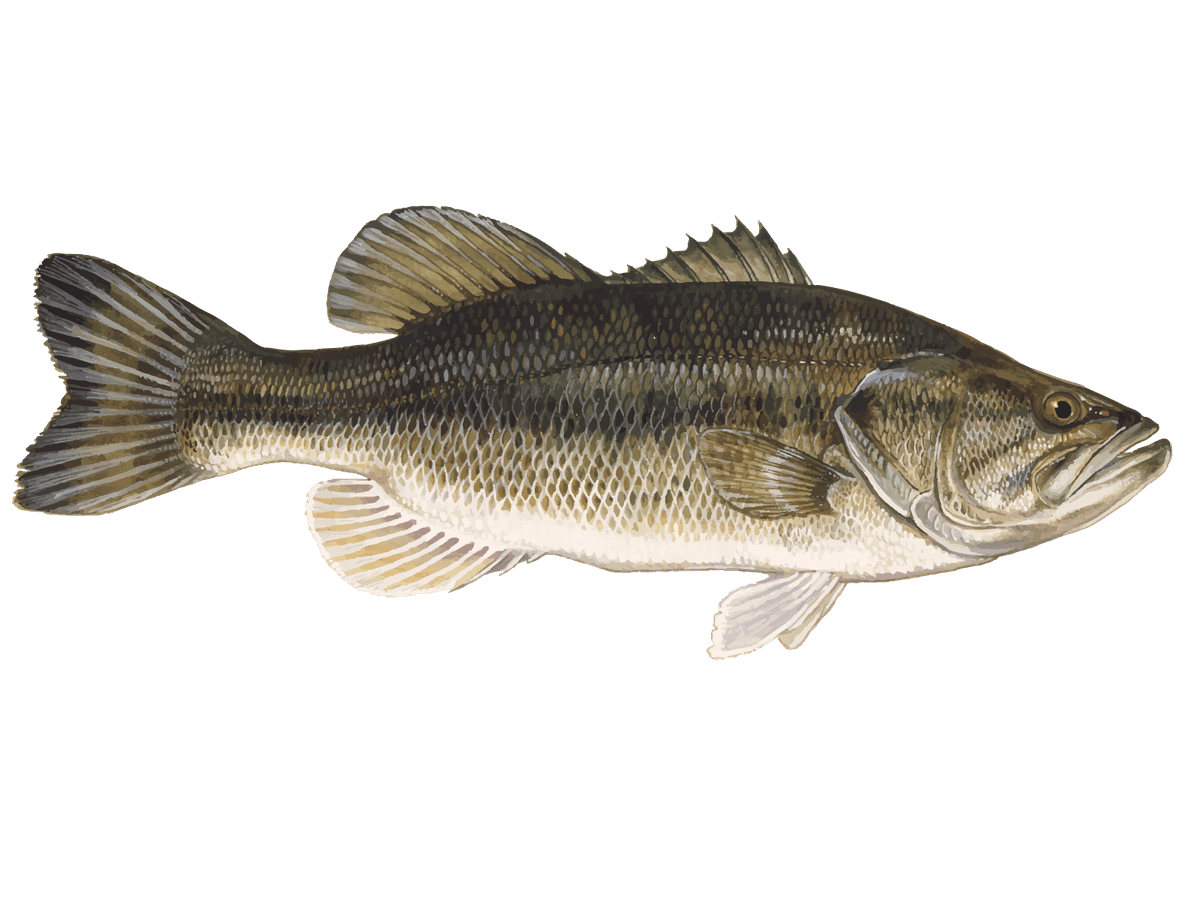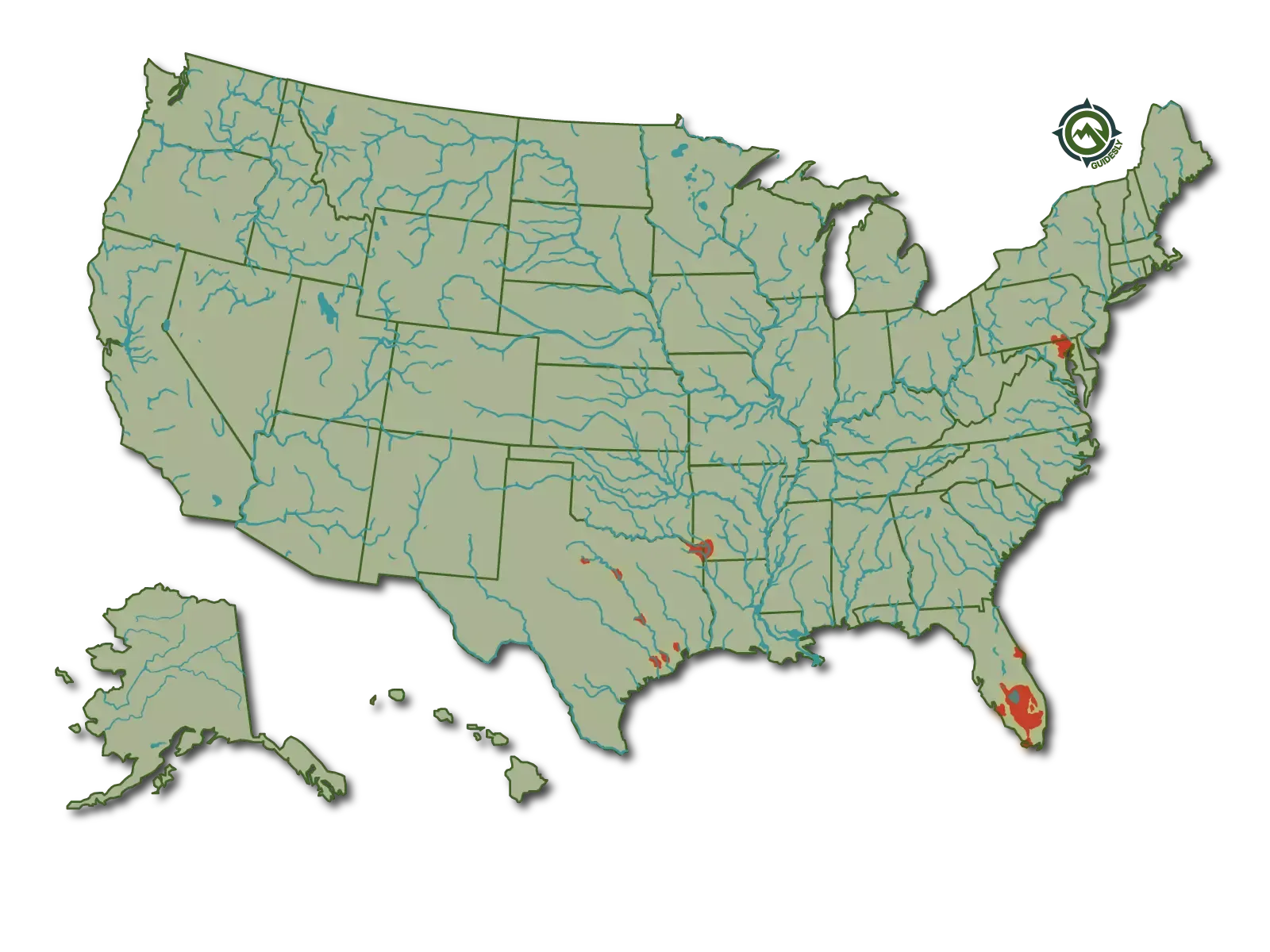/users/2eee0515-ab50-4896-946b-f0d25c09d633/ratecard/521473534_18102016039602669_7032426032525307940_n.jpg)
%2F300x300%2Fusers%2F2eee0515-ab50-4896-946b-f0d25c09d633%2Fratecard%2F521473534_18102016039602669_7032426032525307940_n.jpg&w=256&q=75)
%2F300x300%2Fusers%2F2eee0515-ab50-4896-946b-f0d25c09d633%2Fimages%2Fanglers-fishing-delray-beach-2816.jpg&w=256&q=75)
%2F300x300%2Fusers%2F2eee0515-ab50-4896-946b-f0d25c09d633%2Fimages%2Fflorida-hybrid-striped-bass-2748.jpg&w=256&q=75)
%2F300x300%2Fusers%2F2eee0515-ab50-4896-946b-f0d25c09d633%2Fimages%2Ffishing-delray-beach-2649.jpg&w=256&q=75)
%2F300x300%2Fusers%2F2eee0515-ab50-4896-946b-f0d25c09d633%2Fimages%2Fangler-florida-fishing-adventure-2649.jpg&w=256&q=75)
%2F300x300%2Fusers%2F2eee0515-ab50-4896-946b-f0d25c09d633%2Fimages%2Fdelray-beach-fishing-adventure-2627.jpg&w=256&q=75)
%2F300x300%2Fusers%2F2eee0515-ab50-4896-946b-f0d25c09d633%2Fimages%2Ftwo-anglers-florida-fishing-2697.jpg&w=256&q=75)
%2F300x300%2Fusers%2F2eee0515-ab50-4896-946b-f0d25c09d633%2Fimages%2Fsuccessful-fishing-trip-florida-2682.jpg&w=256&q=75)
%2F300x300%2Fusers%2F2eee0515-ab50-4896-946b-f0d25c09d633%2Fimages%2Ffantastic-fishing-in-fl-2679.jpg&w=256&q=75)
%2F300x300%2Fusers%2F2eee0515-ab50-4896-946b-f0d25c09d633%2Fimages%2Fdelray-beach-fishing-fun-2724.jpg&w=256&q=75)
%2F300x300%2Fusers%2F2eee0515-ab50-4896-946b-f0d25c09d633%2Fimages%2Ffishing-delray-beach-2609.jpg&w=256&q=75)
Top-Rated Lake Ida Bass Fishing Adventure
What you will be catching:
 Largemouth Bass
Largemouth Bass Peacock Bass
Peacock Bass
- Half-day bass fishing charter for experienced anglers on Lake Ida
- Target Peacock Bass, Largemouth Bass, and Clown Knife Fish species
- Well-equipped Avid boat accommodates up to 4 guests with gear included
Trip Pricing and Availabilities:
Trip pricing information is temporarily unavailable.
Seasoned Angler's Paradise: Bass Fishing Delray Beach
Ready to tangle with some of Florida's hardest-fighting freshwater game fish? Captain John Shanley's got you covered on Lake Ida, the crown jewel of Delray Beach's bass fishing scene. This ain't your average cookie-cutter charter - it's a half-day slugfest designed for anglers who know their stuff and want to put their skills to the test against Peacock Bass, Largemouth Bass, and the elusive Clown Knife Fish. Bring your A-game and leave the gear worries at home - we've got everything you need to get after 'em.
Trip Overview
Picture this: You're cruising Lake Ida on a tricked-out Avid boat, armed with top-notch tackle and insider knowledge from a seasoned pro. Captain John's been chasing bass on these waters for years, and he knows every nook and cranny where the big boys like to hide. This ain't no beginner's rodeo - we're talking serious fishing for up to 4 anglers who know how to work a lure. Morning or afternoon, the fish are waiting, and we've got your ticket to the action. Just remember to grab that Florida freshwater license, pack some snacks, and get ready for a bass-slaying good time.
Tactics and Terrain
Lake Ida's a different animal from your typical bass pond, and we fish it accordingly. We're talking precision casting to structure, ripping lipless cranks through hydrilla, and maybe even sight-fishing for those monster Peacocks if conditions are right. The Avid boat's perfect for covering water fast, and we'll mix it up between power fishing and finesse techniques depending on what the fish are telling us. Expect to throw everything from topwater walking baits to Texas-rigged soft plastics. And when those Clown Knife Fish decide to play? Hold onto your hat, 'cause it's gonna get wild.
Customer Stories
"Amazing experience! John is very knowledgeable on his spots and makes the experience fun! Extra star given for Stella she was a great co-captain ! 🐶" - Sarah
Target Species
Largemouth Bass: The OG bucket-mouth that put Florida on the map. Lake Ida's known for kicking out some absolute tanks, with fish pushing double digits not unheard of. These green machines love to hunker down in thick vegetation, ambushing prey and giving anglers the fight of their lives. Spring and fall are prime time, but a good angler can score year-round. There's nothing quite like feeling that telltale "thump" and watching your line peel off as a big Lake Ida largemouth tries to wrap you around every piece of cover in sight.
Peacock Bass: The tropical invader that's become a Florida fishing icon. These neon-colored bruisers hit like a freight train and fight like their tails are on fire. Peacocks love warm water, so summer and early fall are your best bet for numbers. But let me tell you, when you hook into a 5+ pounder, you'll swear you're connected to a barracuda. They're notorious for their topwater blowups and their ability to straight-up embarrass even the most seasoned anglers. Landing a big peacock is a true Florida badge of honor.
Clown Knife Fish: The wildcard that keeps Lake Ida interesting. These bizarre-looking fish are like nothing you've ever hooked before. They're long, they're acrobatic, and they've got a nasty habit of tail-walking across the water when hooked. Knife fish are most active in the warmer months and love to hang out near submerged timber. Hooking one is half the battle - landing these slippery devils is a whole other story. But man, when you do? It's a photo op you won't forget.
Why Anglers Keep Coming Back
Lake Ida's not just another cookie-cutter bass factory - it's a unique fishery that keeps even the most jaded anglers on their toes. Where else can you hook into a trophy largemouth, tangle with an exotic peacock bass, and maybe even cross swords with a prehistoric-looking clown knife fish all in the same day? And let's be real, half the fun is picking Captain John's brain. The man's forgotten more about Lake Ida bass fishing than most of us will ever know. Every trip's a masterclass in reading the water, adapting to conditions, and putting fish in the boat when others are striking out.
What to Expect on the Water
First things first - leave your ego at the dock. Lake Ida can humble even the cockiest angler. But if you come ready to learn and put in the work, you're in for one heck of a day. We'll start by assessing conditions and dialing in the pattern. Some days it's all about covering water with moving baits, other days we might hunker down and pick apart specific areas with finesse tactics. Either way, Captain John's always got a game plan. And hey, if Plan A isn't working? We've got the whole alphabet to work through. Expect to catch fish, expect to learn something new, and expect to have a blast doing it.
Gear Talk
Listen, we know serious anglers have their preferences, but trust us - our gear's dialed in for Lake Ida success. We're talking high-end baitcasting and spinning combos from brands that know their stuff. Rods are matched to the techniques we'll be using, from stout flipping sticks to sensitive finesse rods. Reels are spooled with quality line suited for the cover we'll be fishing. And the lure selection? It's like a tackle shop threw up in the boat (in a good way). From soft plastics to hard baits, we've got every base covered. But hey, if you've got a lucky lure you can't leave home without, by all means, bring it along. Just don't be surprised if Captain John shows you a few local favorites that become your new go-to's.
Time to Book Your Spot
Look, if you're still reading this, you know Lake Ida's calling your name. This ain't your average "catch a few dinks and call it a day" kind of trip. We're talking about the chance to tangle with some of Florida's meanest freshwater game fish in their prime habitat. Whether you're looking to cross peacock bass off your bucket list, want to test your skills against Lake Ida's legendary largemouth, or just want to spend a half-day learning from one of the best in the business, this is your ticket. Spots fill up fast, especially during peak seasons, so don't sleep on this. Grab your license, round up your fishing buddies (or come solo and make new ones), and let's get after it. The bass are waiting, and Lake Ida's ready to show you what Florida freshwater fishing is all about.
Customer Review
Johns Stellar Sail

Sarah Lorenzo
May 5, 2025
Learn more about the species
Largemouth Bass
Largemouth Bass (Micropterus salmoides)
It is the most famous and biggest member of the sunfish family and is a renowned game fish. Largemouth Bass has a green or olive-green color body and dark or black horizontal markings on its body giving it the nickname black bass. It has a slightly forked tail and the soft rays on dorsal fins are separated by deep points.
The average adult Largemouth Bass averages 12 inches to 24 inches and weighing between 1 to 4.5 pounds.

Interesting facts:
- They are appropriately named having an exceptionally large mouth and when opened, the upper jaw goes well beyond its eyes.
- They are an angler's favorite as they give quite a fight when reeled out of water.
- Largemouth can detect their prey’s vibrations using their sixth sense called lateral lines as well as their keen sense of smell.
- Largemouth Bass are attracted to red color.
Where to Find Largemouth Bass

The Largemouth Bass mostly live in ponds, lakes, and medium-sized water bodies, but can be found near ditches and creeks. They like a warm place abundant in weeds and shallow muddy waters. The Largemouth Bass is only native to North America and is densely populated in the eastern and southernmost states. They now have been expanded to every state of America except Hawaii and Alaska. Due to its popularity as a game fish, the species has been introduced in many countries of Europe, Asia, Africa, South America, and Central America.
Spawning
When matured, largemouth bass usually spawns from late winter to late spring. The eggs are guarded by the male. When hatched the school remains for about 3 to 4 weeks under their father’s protection before dispersing. The optimum temperature when the eggs are laid is a steady 60 ºF or higher.
Largemouth Bass Size and Speed
Largemouth bass size and speed are two essential factors that anglers consider when fishing for this popular game fish. The largemouth bass is one of the largest freshwater fish species found in North America, with adult fish typically ranging from 12-24 inches long and weighing anywhere from 2-10 pounds or more. However, some specimens have been known to reach lengths of up to 30 inches, and the biggest largemouth bass ever caught weighed more than 22 pounds.
One reason why largemouth bass size is so important to anglers is that larger fish tend to be older and more experienced, making them harder to catch than their smaller counterparts. Additionally, larger fish can put up a much stronger fight when hooked, which adds an extra level of excitement and challenge for anglers. On the other hand, speed is another important factor that affects the behavior of largemouth bass.
Food
The Largemouth Bass's food consists of other fishes such as gizzard, shad, threadfin shad, golden shiners, bluegills, catfish, crayfish, and other smaller fishes. Snakes, salamanders, mice, bats, frogs, and other creatures are also victims.
Fishing Techniques - How to Catch Largemouth Bass
They are most abundantly found in places where it is easier to hide, such as sunken objects and thick weeds. Other spots include gradual shores, under bridges, open waters, and shorelines.
- Fishing with swim-baits is a highly successful way to catch these fish. There are both hard and soft varieties made out of wood or plastic rigged with hooks.
- Dragging is mostly used to catch Largemouth. Use plastic baits and Carolina rig. Most effective to use in the hard bottom and non-vegetated areas.
- In shallow water and grass-rich areas, try wacky fishing using straight worms and a variety of hooks.
You can use the jigs, crankbaits, jerk baits, hoppers, minnows, plugs, and live bait such as worms or minnows. These fish are abundant and you should be able to snag one with any of these on your hook.
For the fly fisherman, it’s important to have the right rig. An important thing to remember is that the Largemouth Bass does not spook easily and will put up a fight. With this in mind, it never hurts to pack heavy gear. A 6-weight will get the job done for most bass, but if you're looking for the big one, be safe with your 8-weight, it will always do the job especially when fishing big lakes and rivers.
When choosing your reel, just match it to whichever rod you’re using weight-wise. For bigger fish, we recommend using a disk drag as it will give you a more gradual resistance in the line with a sinking leader.
Use flies, primarily streamers, that are colorful and/or shiny. You will catch their attention with brightly colored flies in the murky water where they dwell. Using poppers is extremely effective as they are made to copy the actions of topwater food such as frogs which are a big part of their diet.
Weighted flies are especially useful in the late summer when the fish are down in deeper water where it is cooler.
What is the Difference Between Spotted Bass and Largemouth Bass
Spotted bass and largemouth bass are two of the most popular game fish in North America. While they may look similar, there are significant differences between them that make them unique. Understanding these differences can help anglers choose the right bait and technique to catch more fish.
Spotted bass have a smaller mouth than largemouth bass, making it easier for them to swallow smaller prey such as crustaceans or insects. They also tend to be more aggressive and will chase down their prey rather than waiting for it to come to them. Largemouth bass, on the other hand, prefer larger prey such as frogs or small fish and will often ambush their prey by hiding in cover before striking.
Another difference between spotted bass vs largemouth bass is their habitat preference. Spotted bass thrive in clearer water with rocky bottoms while largemouths prefer murky water with plenty of vegetation.
Is Largemouth Bass Good to Eat?
Are largemouth bass good to eat? The answer is yes, but with a catch. While it is safe to consume largemouth bass, it is important to consider the quality of the water where they were caught and any potential contaminants. To ensure the best taste and safety, it is recommended to only eat largemouth bass caught in clean, clear bodies of water that have been properly prepared and cooked. Overall, with the right precautions, largemouth bass can be a delicious meal for those who enjoy the sport of fishing and culinary experimentation.
Next, when it comes to cooking and eating largemouth bass, it's important to remember that the fish should be handled and prepared with care to ensure its quality and taste. To ensure that the meat remains firm and delicious, anglers should clean and store the fish properly, and cook it with the right seasonings and techniques. When done correctly, largemouth bass can make for a delicious meal, enjoyed by many fishing enthusiasts across the country.

Peacock Bass
Peacock Bass (Cichla Ocellaris) Description
The Peacock Bass has a slanting forehead with an elongated body and a large mouth with a protruding lower jaw. Its body and fins are a mix of yellows, greens, light red, and orange and will vary with each individual. Normally, they're olive-green on the back gradually fading to a yellow-orange or even white towards the underside.
The common characteristic this fish will share is three vertical black lines along its sides, which fade as it matures. They may have several dark splotches on their sides, and larger adults may have a yellow-orange stripe from their snout to the base of the tail. They have a black spot or ocellus with a yellow or silver border on their rounded caudal fin which resembles a peacock’s feathers.
The Peacock Bass is not related to any other bass and is only similar in size and shape to the American largemouth bass.
Diet and Size
The Peacock Bass grows fast and can reach an average length of 12-14 inches in less than 2 years. The largest unofficial record of this fish is 35 inches.
The Peacock Bass is predatory and will feed on almost any other fish, but prefers tilapia, oscar, crayfish, tadpoles, mosquitofish, minnows, and guppies.
Its speed and large mouth lead them to be successful hunters. They feed during the day. Ideally, it can add up to 1.5 pounds in weight for every extra inch it grows. This fish typically lives up to 6-10 years of age.
Interesting Facts
- It was introduced to Florida in 1984 to manage the populations of tilapia and oscar from northeastern South America.
- A majority of adults grow a prominent nuchal hump on their foreheads
- Physical characteristics vary depending on their location
- Its colors intensify during spawning seasons
- It is known as a “freshwater bully” because of its aggressiveness
Spawning
The Peacock Bass spawns between April to September, with a peak in May and June. Adults will create a spawn location near the shore, usually a hardened flat surface for the eggs to be laid. Both parents will protect the young from predators and will move the larvae with their mouths to shallow depressions in sediment or rocky structures.
Habitat & Distribution

This freshwater fish prefers warmer waters with slower currents such as lakes, ponds, creeks, and
canals. Shaded areas under trees and bridges are also favorite habitats. It cannot survive in waters with high or in temperatures below 60 degrees.
You will basically only find these fish in Florida and the farther south you go, the better. The Peacock Bass is found in Florida and they are abundant in the 330 miles of canals in Dade, Broward, and Palm Beach counties.
Fishing Techniques - How to Catch a Peacock Bass
They are caught by anglers casting from the shoreline, trolling, or still fishing.
Fishing for Peacock Bass uses the same techniques you would use for largemouth bass, except it doesn’t like plastic worms. Light spinning and bait-casting tackle with a 12-15lb test is a common rig to use.
One way to catch their attention is using live golden shiners, aptly nicknamed “peacock shiners” because of their effectiveness, but some anglers prefer casting lures. Using topwater jigs, spoons or crankbaits have proved to be effective. If fly fishing is preferred, go with large streamers such as marabou.
Rocky, shaded areas such as bridges, and spots with aquatic plants, fallen trees, canal ends, and intersections are preferred habitats of this fish. Daylight is the best time to catch this fish when they are out hunting and larger individuals are caught during peak seasons in March to June and September to December.

About the Avid
%2F%2Fusers%2F2eee0515-ab50-4896-946b-f0d25c09d633%2Fvehicle_picture%2Fscreenshot2023-10-28075930.png&w=1200&q=75)
Vehicle Guest Capacity: 4
Manufacturer Name: Yamaha Vmax
Maximum Cruising Speed: 20
Number of Engines: 1
Horsepower per Engine: 200
%2Ffit-in%2F250x250%2Fguide_websites%2F1163%2Fimages%2Flogo.png&w=1200&q=100)

Amazing experience! John is very knowledgeable on his spots and makes the experience fun! Extra star given for Stella she was a great co-captain ! 🐶